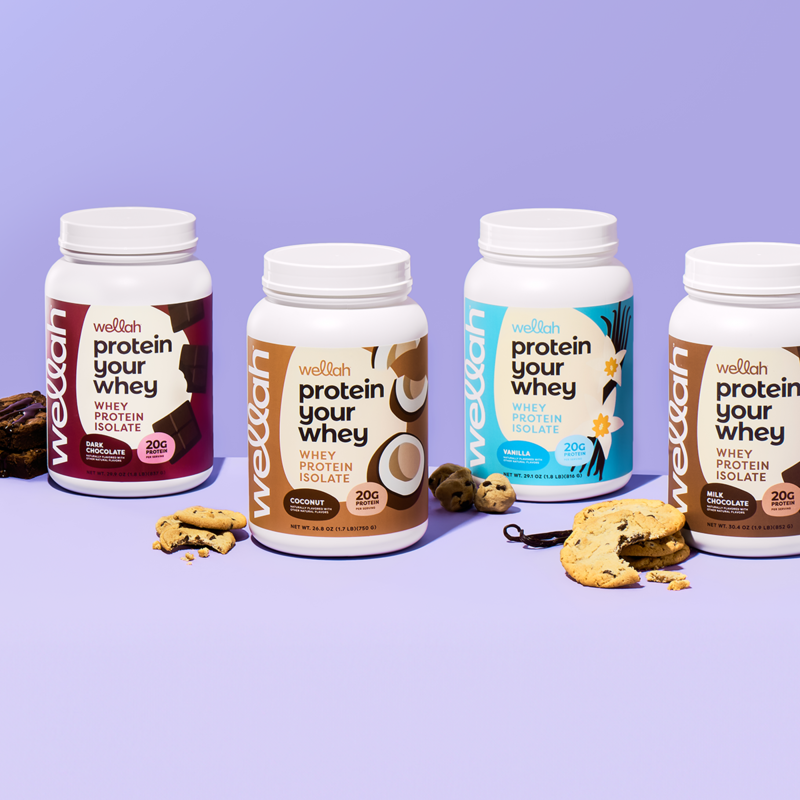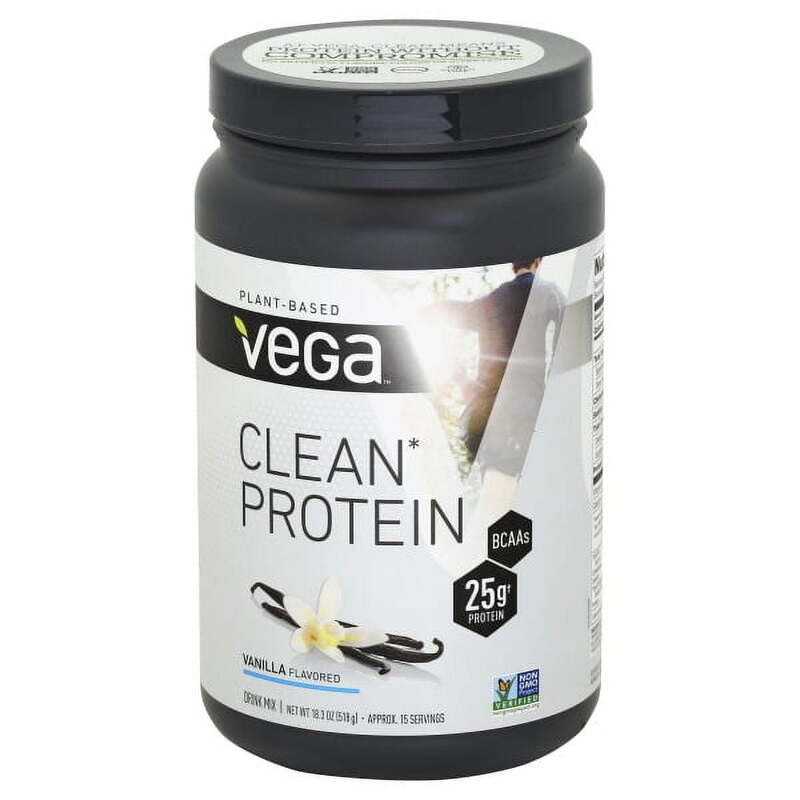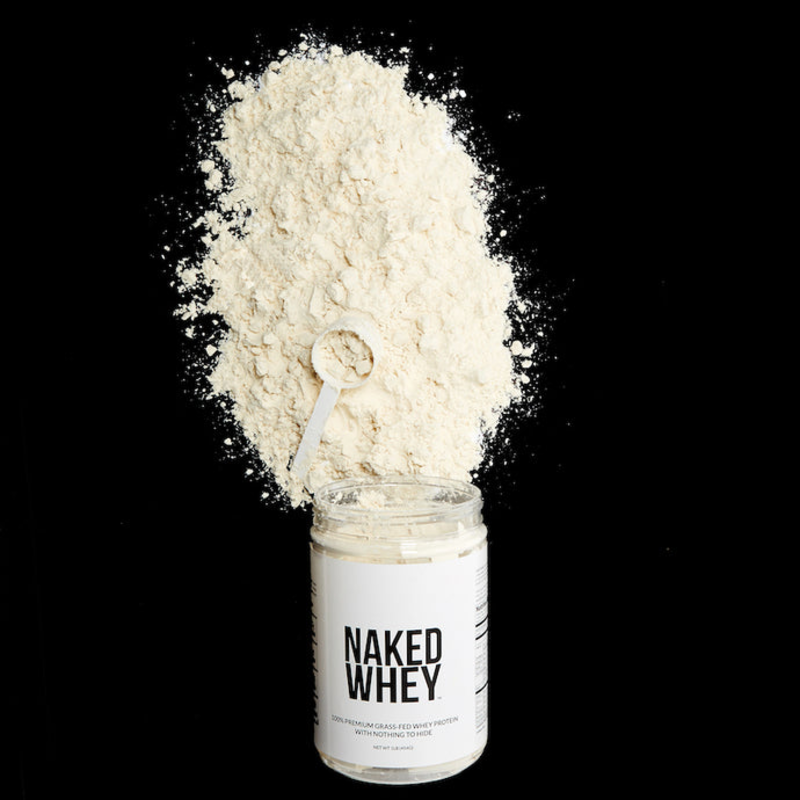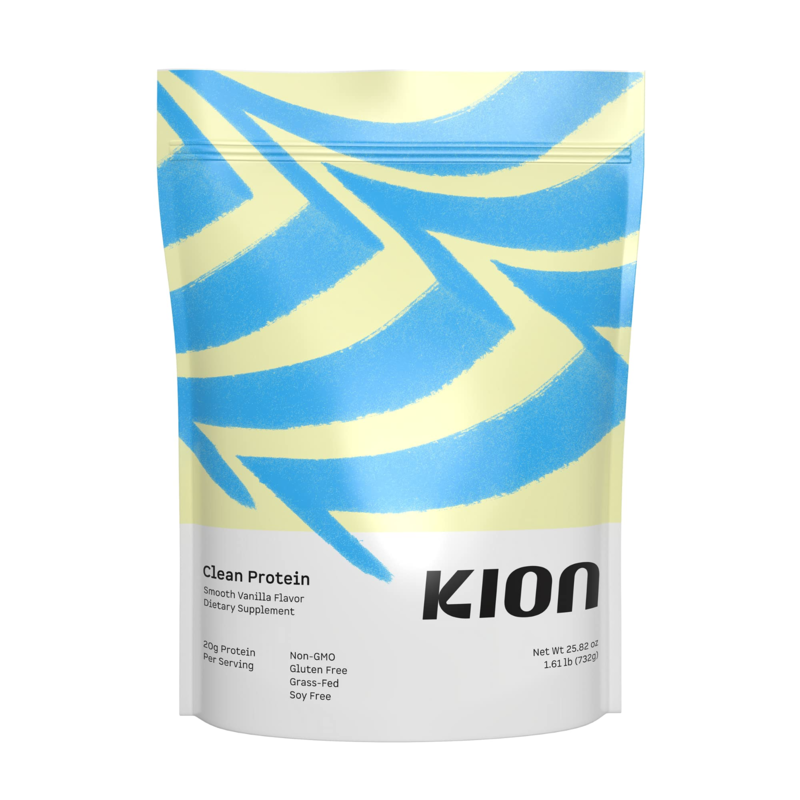What is the cleanest protein powder: An In-Depth Analysis
In today’s health-conscious world, protein powder has become a staple in many diets. Athletes, fitness enthusiasts, and even those who want to maintain a healthy lifestyle consider protein supplementation. However, with countless options on the market, it is crucial to identify what is the cleanest protein powder. Clean protein powders are those that deliver high-quality protein without unnecessary additives or fillers. Understanding these products can greatly enhance your wellness journey.
Choosing the right protein powder is vital for achieving your fitness goals. After all, the quality of the protein you consume directly affects your muscle recovery, growth, and overall health. Many protein powders are laden with sugars, artificial sweeteners, and other unnecessary ingredients. This not only compromises their nutritional value but can also have adverse effects on your health. Therefore, finding clean protein sources is essential. In this article, we will explore the cleanest protein powders currently available. We will look at their benefits, how they are sourced, and their overall impact on health.

Understanding Clean Protein Powders
Definition and Importance
Clean protein powders refer to those made from whole food ingredients. They generally contain minimal additives. A cleaner protein powder is often derived from natural sources, ensuring that it remains as close to its original form as possible. Consequently, many consumers seek out brands that prioritize transparency in sourcing and processing their products. This is crucial as it fosters trust and ensures quality. Moreover, the importance of clean protein powders goes beyond just protein content. They can influence how your body functions and feels. Clean labels can also help you avoid ingredients that may trigger allergies or sensitivities.
Moreover, clean protein powders can promote overall wellness. This means supporting bodily functions and fortifying the immune system. They should be devoid of harmful substances that may arise during processing. For example, protein powders made with artificial flavors, sweeteners, and preservatives have little nutritional benefit. Furthermore, products that include a long list of ingredients may not be as healthy. As a result, consumers should prioritize simplicity in ingredient lists. When choosing a protein powder, understanding what constitutes “clean” is essential. This knowledge empowers individuals to make informed decisions regarding their health.
Sourcing High-Quality Ingredients
Finding clean protein powders begins with sourcing high-quality ingredients. Many reputable brands focus on ethically sourced proteins. This includes whey, casein, pea protein, and hemp protein, among others. Each source has unique benefits, but the common thread is quality. For example, whey sourced from grass-fed cows often contains higher levels of omega-3 fatty acids. This enhances the nutritional profile of the protein powder significantly.
Additionally, plant-based premium protein sources have gained popularity. Proteins derived from peas, brown rice, or hemp are popular among vegetarians and vegans. These sources not only provide protein but also contain fiber and other beneficial nutrients. Furthermore, sourcing from organic farms can minimize exposure to pesticides and chemicals, ensuring that the protein is cleaner. Thus, consumers should always scrutinize labels to ensure that the protein sources align with their dietary needs and values. Researching brands to determine their sourcing practices can contribute to making a safer choice.
Top Clean Protein Powders on the Market
Whey Protein Isolate
Whey protein isolate is one of the most popular protein powders. It is well-known for its effectiveness in muscle recovery and growth. Moreover, it typically contains 90% or more protein by weight. This high concentration means minimal carbohydrates and fats, making it a clean option. It is especially favored by athletes and bodybuilders who need to refuel post-workout.
When selecting a whey protein isolate, always check the ingredient list. The cleanest options include minimal additives and preservatives. Additionally, look for brands that use grass-fed whey. This sourcing can ensure higher quality and purity. Many people find whey protein isolate easily digestible, making it less likely for them to experience bloating or discomfort. Furthermore, it provides a complete amino acid profile, which is essential for muscle repair and growth. If you identify as lactose intolerant, there are lactose-free options available on the market.
Pea Protein
In recent years, pea protein has emerged as a favorite among those who prefer plant-based options. This high-quality plant protein is derived from yellow split peas, making it a rich source of protein. Moreover, it is also hypoallergenic, which means it is suitable for those with dairy or gluten allergies. It typically contains about 20-25 grams of protein per serving, along with beneficial nutrients.
Additionally, pea protein provides a good amino acid profile, although it is slightly lower in methionine. Combining it with other protein sources, such as rice protein, can offer a complete amino acid profile. Pea protein aids in muscle recovery and promotes satiety, helping you feel full longer. Importantly, it often has minimal additives, especially when sourced from reputable brands. Look for organic and non-GMO certified options to ensure quality. This not only enhances its nutrient value but also supports sustainable farming practices.
Egg White Protein
Egg white protein has always been a phenomenal clean protein source. It consists of a variety of essential amino acids crucial for muscle repair. With roughly 24 grams of protein per serving, it is an excellent option. Additionally, it naturally contains no fat and very few carbohydrates. This makes it suitable for those looking for clean protein without unwanted calories.
Furthermore, egg white protein is easily digestible, so it is less likely to cause bloating. It is particularly favorable among those who cannot consume dairy. However, confirming the source of the eggs is vital. Opt for brands that use organic, cage-free eggs to support humane farming practices. Clean sourcing can guarantee that the proteins remain contaminant-free. Thus, consumers can enjoy the benefits of pure, high-quality protein. As a result, egg white protein can be harmoniously incorporated into smoothies, baked goods, or other recipes.

Additional Considerations when Selecting Protein Powders
Ingredient Transparency
When selecting protein powders, ingredient transparency should be a top priority. Many brands today boast high-quality protein and other nutrients. However, some may not fully disclose their ingredients or sourcing processes. Thus, understanding what’s in a protein powder is crucial. Consumers should carefully scrutinize labels for additives, fillers, and potential allergens. This way, you can select the best option that aligns with your dietary preferences and needs.
For example, some brands may use artificial flavors or sweeteners to enhance taste. However, these can detract from the overall quality of the product. Prioritize brands that use natural flavoring and sweeteners such as stevia or monk fruit. Furthermore, certifications such as “USDA Organic” or “Non-GMO” can enhance the trustworthiness of a product. Therefore, consumers should seek full disclosure from manufacturers. Being informed can help consumers make healthier choices when it comes to protein supplementation.
Customer Reviews and Reputation
Another critical aspect to consider is customer reviews and the brand’s reputation. Reviews provide insight into how well products perform in real-world situations. You can discern experiences related to taste, mixability, and effectiveness. Positive feedback can indicate that a product truly delivers on its promises. Furthermore, researching brands helps to identify which companies prioritize quality and transparency.
In today’s digital age, numerous platforms provide reviews. Check not only the official websites but also independent health forums. This information can lend a broader perspective on each product’s efficacy. Additionally, reputable brands often invest in their products. They may provide third-party testing results to ensure purity and quality. As such, always look for products that demonstrate transparency and commitment to health.
Nutritional Benefits of Clean Protein Powders
Muscle Recovery and Growth
One of the primary benefits of clean protein powders is their role in muscle recovery and growth. Protein plays a vital part in repairing tissues damaged during intense physical activity. Consequently, those who engage in regular exercise should prioritize quality protein consumption. Clean protein sources help facilitate this recovery more effectively than lower-quality options.
For example, the amino acids found in protein powders, especially branched-chain amino acids (BCAAs), support muscle repair. This is particularly critical after strength training or endurance activities. Furthermore, consuming protein shortly after a workout can contribute to maximal recovery benefits. Consequently, investing in clean protein powders can help athletes and fitness enthusiasts alike to reach their goals. This not only adds to physical performance but also enhances overall well-being.
Weight Management
In addition to muscle recovery, clean protein powders can aid in weight management. High-protein diets have become popular due to their satiating effects. Consuming adequate protein can help people feel fuller for longer periods. As a result, this can lead to reduced overall caloric intake. By incorporating clean protein powders into meals or snacks, individuals can control their hunger levels more efficiently.
Moreover, protein has a higher thermic effect compared to fats or carbohydrates. This means your body burns more calories digesting protein than other macronutrients. Hence, clean protein powders can be a strategic addition to a balanced diet for those managing their weight. Furthermore, they can be easily included in various dishes, from smoothies to oatmeal, making healthy eating more convenient.

Potential Downsides and Considerations
Allergens and Dietary Restrictions
While many people benefit from protein powders, they are not universally suitable. Individuals may face potential allergies to certain types. For instance, dairy-based proteins like whey and casein can trigger reactions in lactose-sensitive individuals. Additionally, some individuals may also experience sensitivities to egg or soy proteins. Therefore, consumers should always assess their specific dietary needs before choosing a protein powder. In recent years, the market has expanded, offering various clean alternatives.
Plant-based protein powders can serve as excellent substitutes for those with allergies. Options such as rice, pea, or hemp protein provide quality nutrition without common allergens. Consulting a healthcare professional can help clarify dietary restrictions and suitable protein options. Moreover, always check for cross-contamination warnings on product labels. This ensures you avoid allergens inadvertently present in the protein powder.
Overconsumption Risks
Lastly, while protein is vital, it’s also important to avoid overconsumption. Some individuals may believe that increasing protein intake corresponds with faster progress. However, excessive protein can put unnecessary strain on the kidneys and liver. Furthermore, it may lead to unwanted health consequences such as digestive issues or nutrient imbalances.
The recommended dietary allowance (RDA) for protein varies depending on factors such as age, activity level, and overall health. Generally, most adults should aim for about 0.8 grams of protein per kilogram of body weight. However, athletes or those engaging in rigorous exercise may require more. Therefore, maintaining balance across all macronutrients is essential. Relying solely on protein powders can also lead to inadequate intake of other nutrients, including vitamins and minerals. To maximize health benefits, consider protein powders as a supplement, not a substitute for whole food sources.
Conclusion: Making Informed Choices
In conclusion, clean protein powders offer significant benefits for various lifestyles. The demand for cleaner, healthier options continues to grow. Therefore, it is essential to prioritize quality and transparency when selecting your protein supplement. Understanding what constitutes clean protein can help avoid harmful additives and allergens. Furthermore, selecting the right protein source can enhance muscle recovery and aid in weight management.
Deciphering the best protein powder can seem overwhelming at first. However, by focusing on sourcing, ingredient transparency, and reputable brands, individuals can make informed choices. Remember to consider your specific dietary needs and stick to the recommended amounts of protein. The right clean protein powder can complement your overall diet. Ultimately, this supports your journey toward a healthier lifestyle and fitness goals. With the right information and tools, you can empower yourself to make choices that serve your health for the long term.
